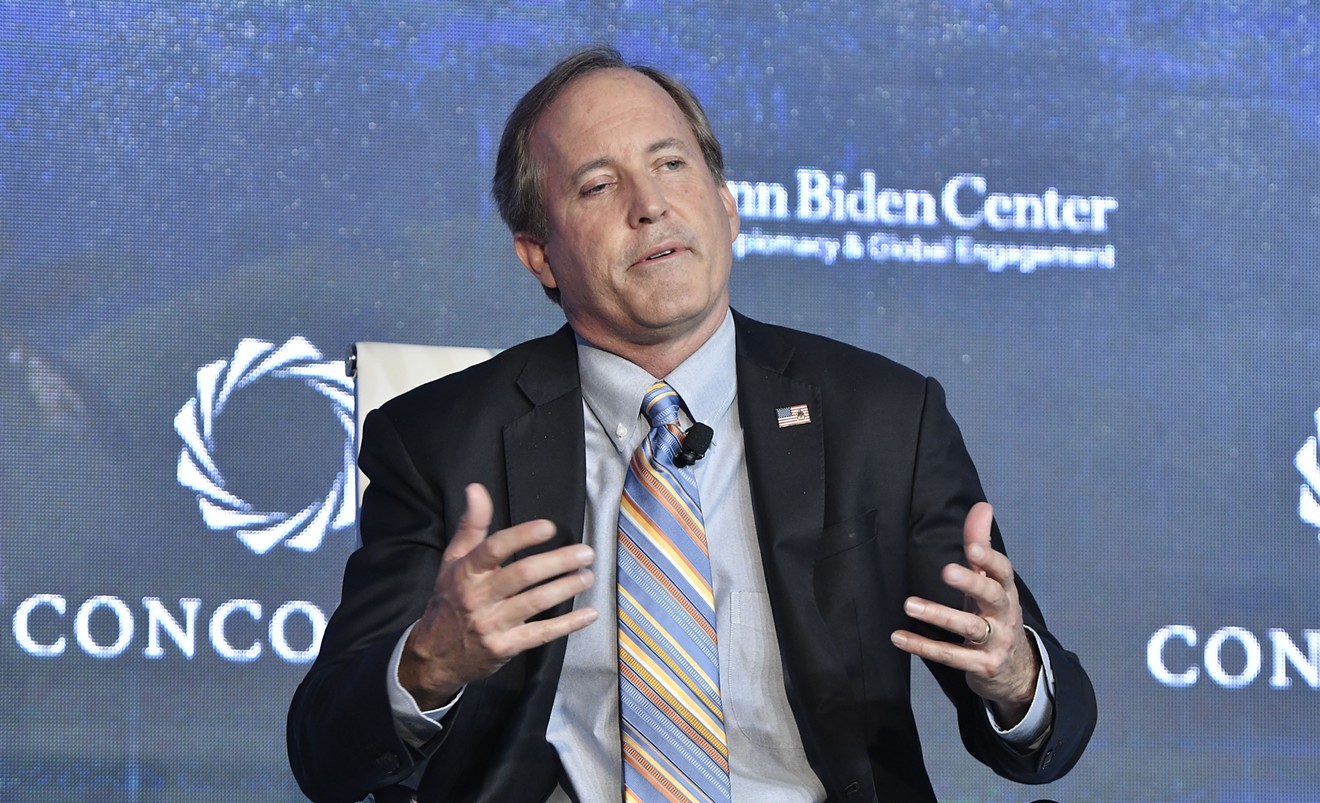The Employees' Retirement Fund of the city of Dallas was established by an ordinance passed by the City Council in 1943 and is managed by a board of seven people. But the ordinance now has a provision in it that Paxton says clashes with the Texas Constitution.
Nearly 50 years after the ordinance was passed, it was changed to add a provision stating that amendments to the ordinance must be recommended by the fund’s board. About 13 years after that, the ordinance was changed again to say amendments must be approved by the board.
The provision requires that changes to the employee retirement fund’s governing code be approved by the fund’s board of trustees. “This functionally gave an unelected body of seven individuals veto power that is neither warranted nor lawful,” Paxton’s office said in a statement.
The Employee Retirement Fund did not respond to requests for comment, and the city declined to comment. Both parties have laid out their arguments in court filings over the years.
The retirement fund’s board of trustees is made up of the city auditor, three members appointed by the City Council and three members elected by current city employees. When the city tried to impose term limits on the fund’s board members in 2016 and 2017, the board sued, saying Dallas needed its permission to make such a change.“This functionally gave an unelected body of seven individuals veto power that is neither warranted nor lawful." – Attorney General Ken Paxton
tweet this
At the time, the board said it opposed the term limits because it didn’t have enough time to study them, according to court filings. Members of all other boards and commissions in the city are subject to term limits.
The board also argued that imposing the term limits was a move by the city attorney’s office to oust two trustees, John Jenkins and Tina Richardson. Jenkins is no longer a trustee but Richardson is. The fund wanted a court to rule the term limits for board members as void.
The courts initially sided with the city, signing a final judgment in February 2020. But the retirement fund board took the case to the court of appeals, which ruled in its favor. The city filed for a rehearing but was denied. That’s why the city filed a petition for review of the case with the Texas Supreme Court. Dallas wants the court to decide whether the ruling by the appeals court, which was favorable to the retirement board, was made in error.
In an unusual move, Paxton sided with the Dallas City Council in his brief, saying it does in fact have the right to make changes to the employee retirement fund without the board’s permission and that the appeals court ruling was a mistake.
“In sum, [the Employee Retirement Fund] has pointed to no clear statement from the Legislature giving the City Council the extraordinary power to bind its hands regarding the structure of its pension plan (or anything else relevant to this case),” Paxton’s brief said. “In the absence of such a clear statement, the Court should conclude that no such power exists, that Dallas’s current City Council may amend the acts of its predecessors, and that the term limits imposed on [the Employee Retirement Fund's] board are valid.”
The case is still being considered by the Texas Supreme Court.












